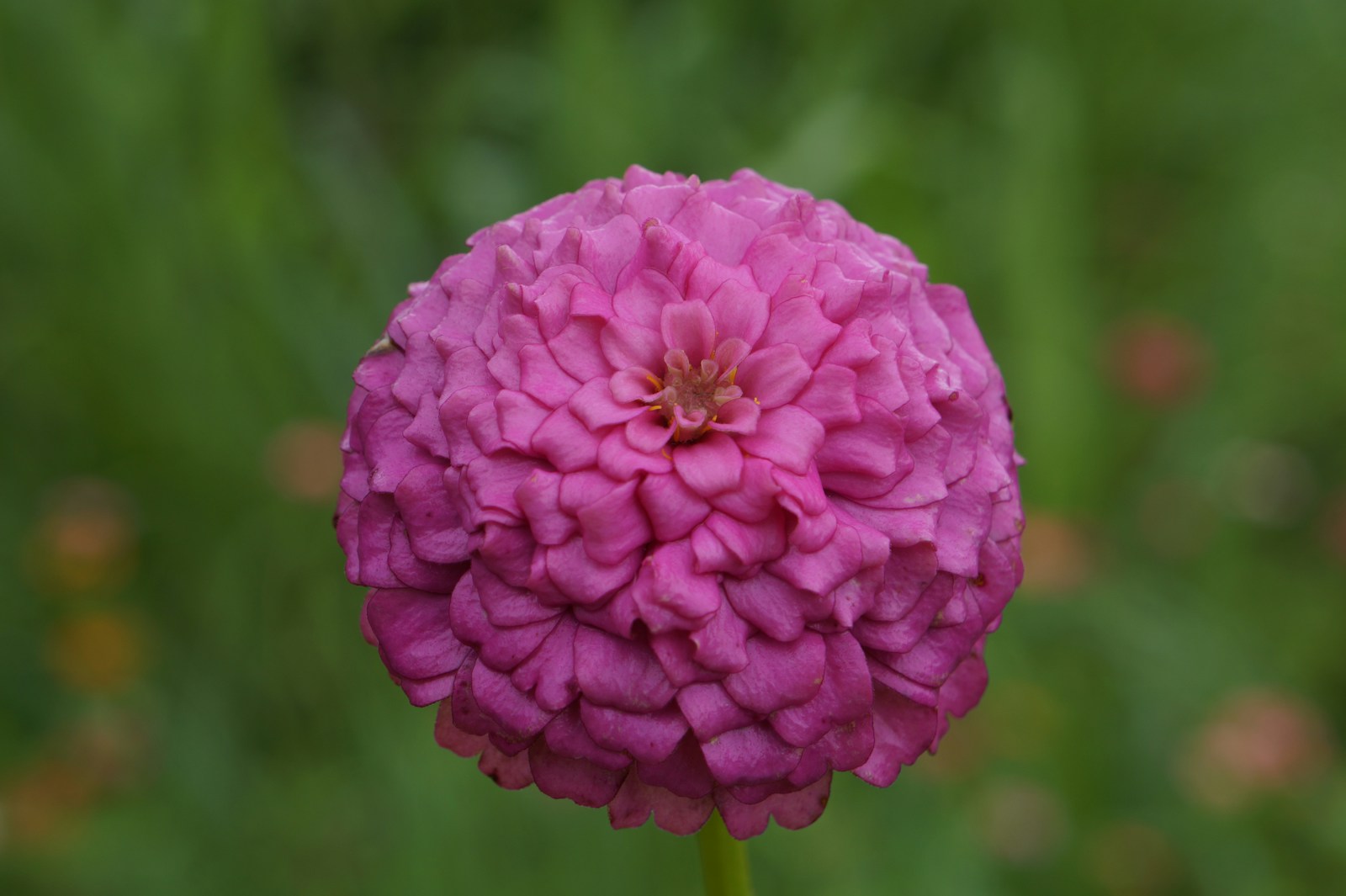
擦
cā

to rub
The word '擦' is a commonly used Chinese verb. It corresponds to the English verb 'rub'. It can be used in various contexts like 'rub your hands together', 'rub your eyes', etc. It's also used metaphorically in some idioms and phrases. For example, '生活总会给你擦一下', which means 'life will always give you some rubs' implying life always gives you some trials and tribulations.
Example sentences using: 擦
擦搽透明的玻璃
cā cā tòu míng de bō li

Wipe the clear glass
In this case, 擦 means 'wipe', used to express the action of cleaning or removing smudges on a surface.
他正在擦镜子
tā zhèng zài cā jìng zi

He is cleaning the mirror
The usage of 擦 here is 'clean', used to express cleaning a mirror surface.
每天都需要擦外套
měi tiān dōu xū yào cā wài tào

The coat needs to be cleaned every day
擦 in this sentence expresses the action of cleaning, specifying the action of cleaning a coat.
擦拭窗户是我各项工作中最喜欢的一项
cā shì chuāng hù shì wǒ gè xiàng gōng zuò zhōng zuì xǐ huān de yī xiàng

Cleaning windows is my favorite among all my jobs
擦拭 means 'to wipe or clean'. In this context, it is used to describe the cleaning or polishing action on window surfaces.
他每天都擦自己的汽车
tā měi tiān dōu cā zì jǐ de qì chē

He cleans his car every day
In this sentence, 擦 is meant as 'clean', describing the action of clean a car.
我需要一个擦手巾
wǒ xū yào yī gè cā shǒu jīn

I need a hand towel
擦 here is used as a 'wipe'. In this sentence 擦手巾 refers to a 'hand towel' which is used to wipe hands.
擦去脸上的油脂
cā qù liǎn shàng de yóu zhī

Remove the grease from the face
In this instance, 擦去 means 'remove', it's used to describe removing oil or grease from the face.
我擦黑板上的字
wǒ cā hēi bǎn shàng de zì

I am erasing the words on the blackboard
擦 in this sentence is 'erase', specifically used to describe the action of removing words from a blackboard.
请把鞋擦干净
qǐng bǎ xié cā gān jìng

Please clean your shoes
The use of 擦 here refers to 'clean' specifically for removing dirt or grime off an item.
都别忘记擦掉白板上的字
dōu bié wàng jì cā diào bái bǎn shàng de zì

Don't forget to erase the words on the whiteboard
擦掉 refers to 'erase'. In this context, cleaning off the words written or drawn on a whiteboard.